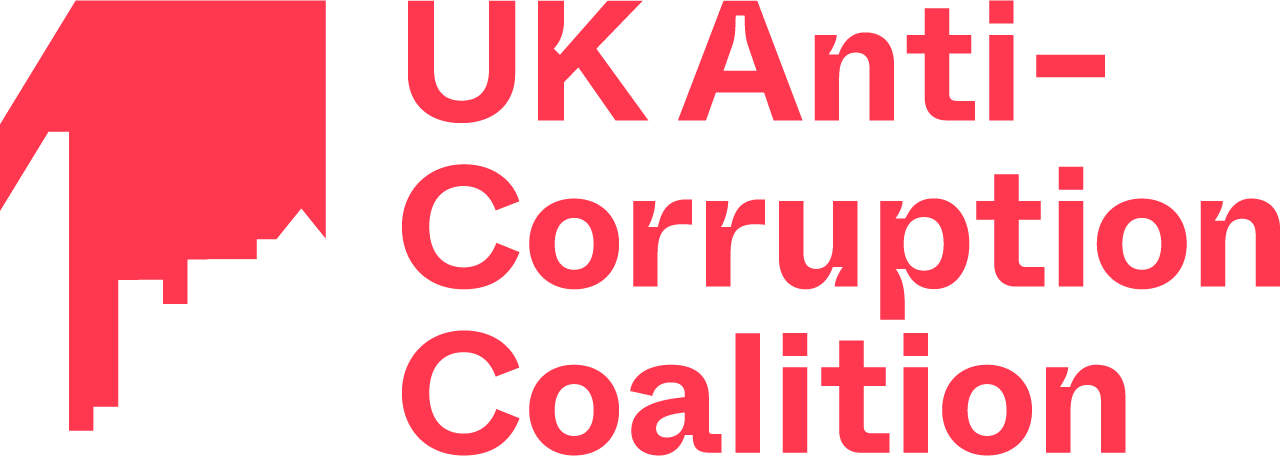Protecting the public purse through fair, effective, and transparent public procurement
We all use public services and infrastructure. They are critical for our health, our education, our ability to move around, and often our jobs and our homes. With the cost of public procurement totalling some £284 billion per year, getting it right is critical for ensuring that taxpayers’ money is well spent, that businesses up and down the country can access public contracts, and that everyone in our society benefits from high-quality and reliable public services.
Yet we have seen that the UK’s procurement system is not fit for purpose. The UK’s attempts to procure essential items like PPE during the Covid-19 pandemic were hindered by an outdated, opaque and siloed system, while accusations of cronyism, preferred treatment of suppliers, and poor value for money have seriously damaged public trust. Meaningful change is essential to rebuild confidence in the system and recover any wasted public money.
The Government’s Transforming Procurement Green Paper outlines bold and much-needed reforms to the UK’s procurement system, but these proposals will only be successful if loopholes are closed and legislation is swiftly brought forward. The criminal, corrupt and the fraudulent should no longer be able to benefit from the public purse.
The UK Government should:
Fully implement and resource the UK’s new Green Paper vision on Transforming Public Procurement, ensuring that transparency, effective regulation of conflicts of interest, debarment for fraudulent and corrupt actors, and public access to complaints are embedded in the new post- Brexit procurement rules.
Implement the Open Contracting Data Standard across public procurement to ensure full transparency.
Introduce an effective debarment regime by building central and properly resourced expertise for assessing evidence of wrongdoing, with access to information sharing on foreign contractors.
Amend the Freedom of Information Act to cover information held by contractors providing public goods and services.
Publish information on contracts awarded through the high-priority lane, and conduct a full, expert-led public review of under-performing contracts and lessons learned from emergency procurement during the pandemic.
